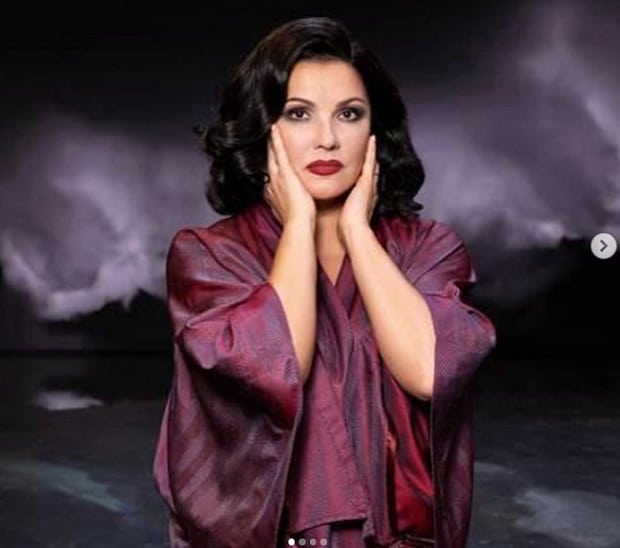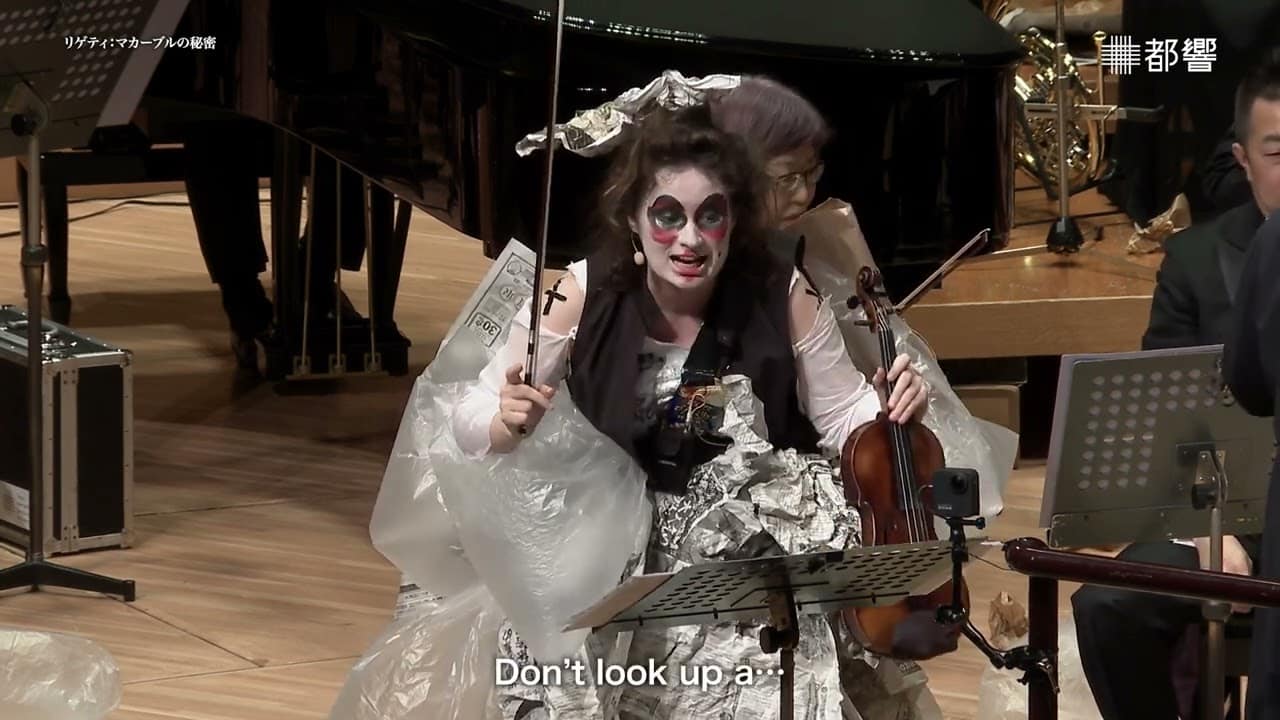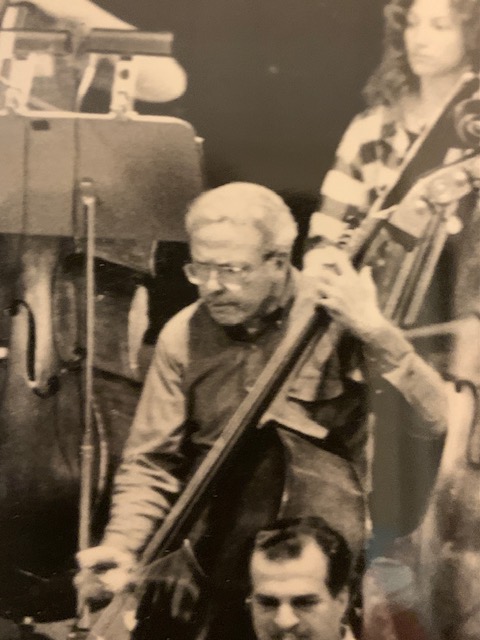Who gets boos at La Scala’s opening night?
NewsThere was a 12-minute ovation last night for Macbeth, mingled with scattered boos.
The Austrian tabloid Kurier says the dissent was aimed unusually at the soprano Anna Netrebko.
Reuters says it was directed at Davide Livermore’s production.
photo: Instagram






Comments